10 Ways to Recover from The Google Helpful Content Update
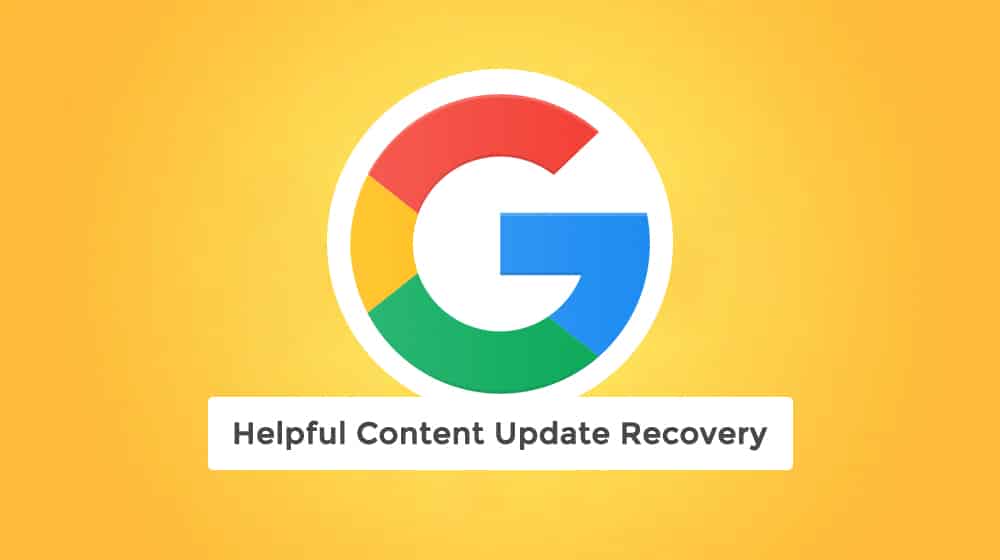
Another year passed, and another major Google update changed the face of the internet.
Anyone who has been in the digital marketing game long enough should know by now that Google's updates have a history of shaking up the way we think about modern and future SEO. Personally, though, I always say that if you're doing the bare minimum and you get hit by an algorithm change, you are already doing things wrong.
Google is very up-front with what they want out of the internet. They want content creators to provide pages that help people. Most of their algorithm updates end up penalizing exploitative tactics, scraping off the bottom 1% of spam sites, barely passing other thresholds, and further reinforcing their standards for quality of information and presentation.
That's why it's no surprise that the latest update, called the Google Helpful Content Update, is being called "Panda 3" in an article by Barry Schwartz and some groups. For others, this update has been nothing but a boon.
What Google Says About the Helpful Content Update
Before figuring out how to recover from the helpful content update, you need to know what it's doing and its objectives. You can read more details from Google's page, but I'll summarize them here.
1. Focus on your audience first.
Google wants you to design pages and create content with your audience in mind. They want users to have a positive, satisfying experience when they click on a search result. Demonstrate expertise and authority, knowledge and utility. Give users what they came to get, and make it a pleasant experience to get it.
This recommendation is nothing new. Google says:
"How can you ensure you're creating content that will be successful with our new update? By following our long-standing advice and guidelines to create content for people, not for search engines." - Google.
These webmaster guidelines should be intimately familiar if you've spent time with SEO and content marketing over the last ten years.
Google also doesn't like placeholder pages, such as pages for keywords like "iPhone 15 Release Date" (when there's no such information available.) In particular, Google seems to be firmly against automated content. I'm looking at you, AI content generators.
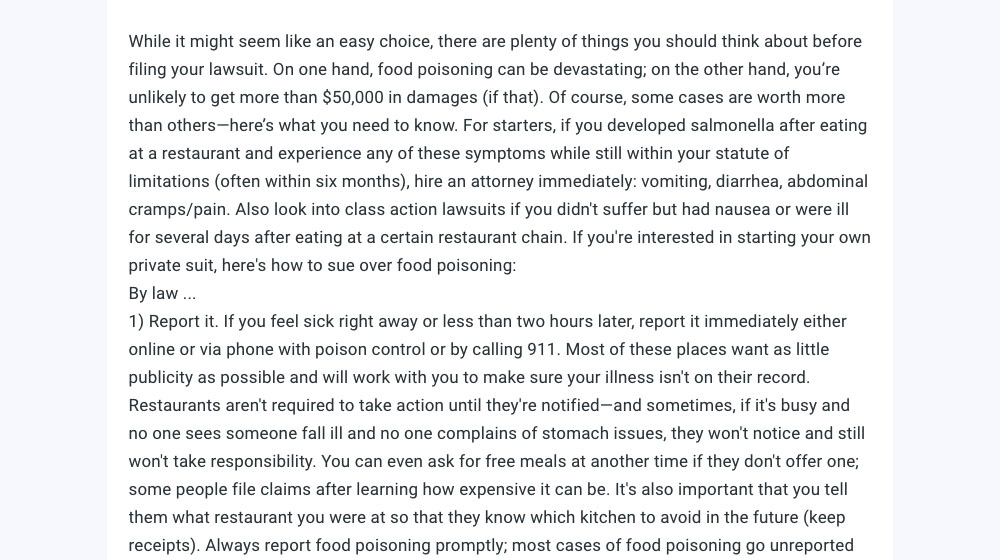
Google also mentions that sites with a few good pages and a lot of bad pages will see their good pages penalized because of the bad ones. That is, it's a site-wide algorithm adjustment, not a per-page adjustment.
2. Get to work now.
Google stated that if this "penalty has hit you," it can take months to recover. Not because the work will take months, though it might, but because their algorithm classifier will take that long to ensure that you've adapted and aren't going to fall back into old bad habits.
"A natural question some will have is how long will it take for a site to do better, if it removes unhelpful content? Sites identified by this update may find the signal applied to them over a period of months. Our classifier for this update runs continuously, allowing it to monitor newly-launched sites and existing ones. As it determines that the unhelpful content has not returned in the long-term, the classification will no longer apply." - Google.
And, of course, Google says they'll adjust the algorithm and search ranking signals over time. Something that slips through now might not perform well in a few months, and something you fix now might not be up to snuff later. The target is moving, in other words.
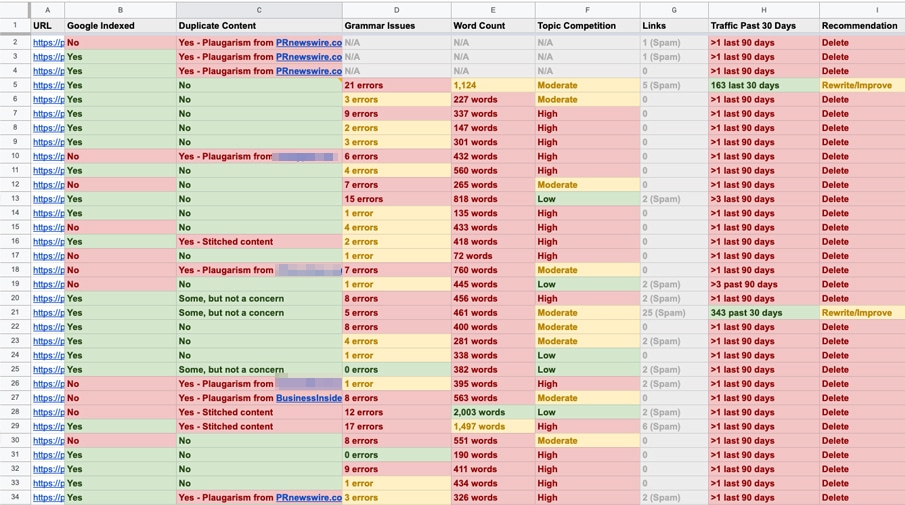
Moreover, the algorithm has started to roll out but is not fully rolled out yet (at least as of this writing.) Google said it would take about two weeks to roll out entirely, so we might not see any changes in our website performance until around September 7th.
3. You're on your own.
The "Helpful Content Update" is not a penalty like Panda, Penguin, and other major shifts before it. It might feel like a penalty, but it's an algorithmic shift using a non-core tool. Google is careful to specify that this isn't a core update, but Panda wasn't a core update for the first couple of years, and eventually, they rolled it in.
Why is this important? When you have a Google Penalty or Manual Action, Google tells you how to fix it. Google Search Console has a report, and they notify you when you have an issue. They inform you what pages are affected and how you can fix them.
With something like Panda or Helpful Content, you're on your own. They won't tell you what pages are tripping the classifier.
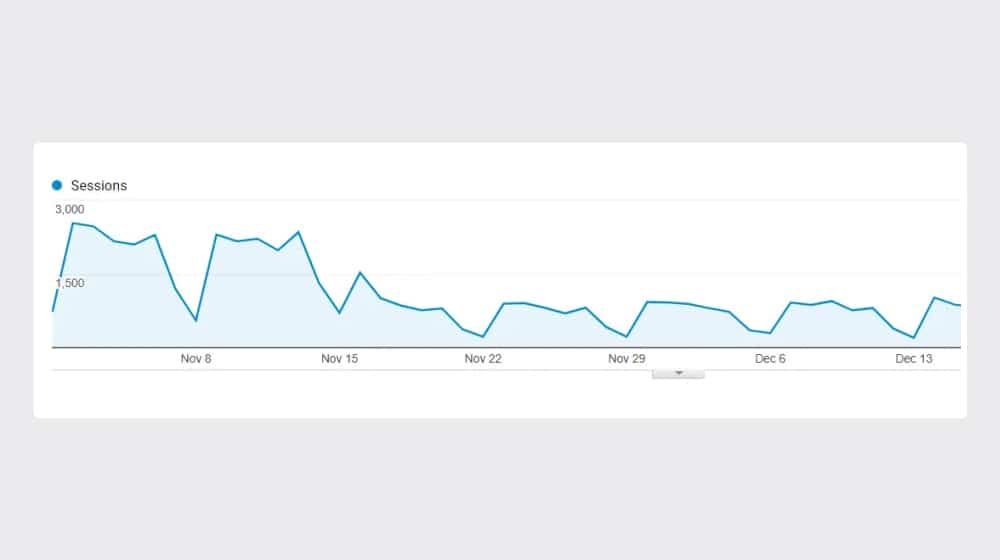
In fact, they won't even tell you if you've been hit by it; you have to pay attention to your SERPs and Google Analytics.
10 Tips to Recover from the Helpful Content Update
I'll give you ten tips to help you recover from this update, but let's be real for a second.
If you're in a position to be hit by this update, you (or somebody else managing your website) have already ignored good SEO advice for years.
Nothing I'm going to say here is new. Nothing is shocking, a "twist," or a secret tip that no one else knows. These recommendations are things that Google has been shouting at you for years, and now they're just dialing up the heat to get their point across.
Yes, it's hard. Yes, it takes a long time. Yes, it's a process of trial and error and needs plenty of resources, information, and education at your disposal. And you know what? That's a good thing! The internet is full of terrible content, misinformation, maliciously bad sites just trying to game the algorithm for ad views, and more.
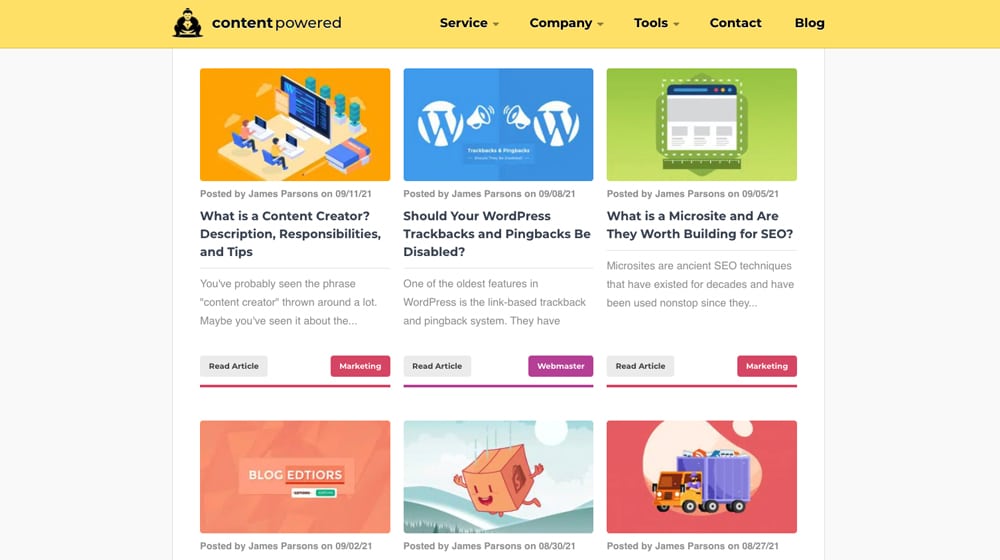
There's a reason why people are turning to Reddit instead of Google search, and it's because too many people are abusing Google to get high-ranked webpages that aren't worth the time it takes to load them, let alone read them.
How often have you clicked on a webpage, only to find that it's pretty much entirely worthless to answering your question? It's a lot. That's what Google and their quality raters are trying to fix. It's what they've always been trying to improve. This update is just one more step along that path.
If you create useful content with good information, focused on a specific topic, in a way that Google can find it, you're doing what you need to be doing.
Here are my ten tips:
1. Don't Hide Bad Pages
In the immediate aftermath of the update being announced, people started talking about ways to mitigate it, including taking low-quality content and isolating it on a subdomain, in a subfolder, or no-indexing it.
The trouble here is what you're doing. If that content is hurting your site, why keep it? If you plan to refurbish it, take it down and publish new versions when that's done.
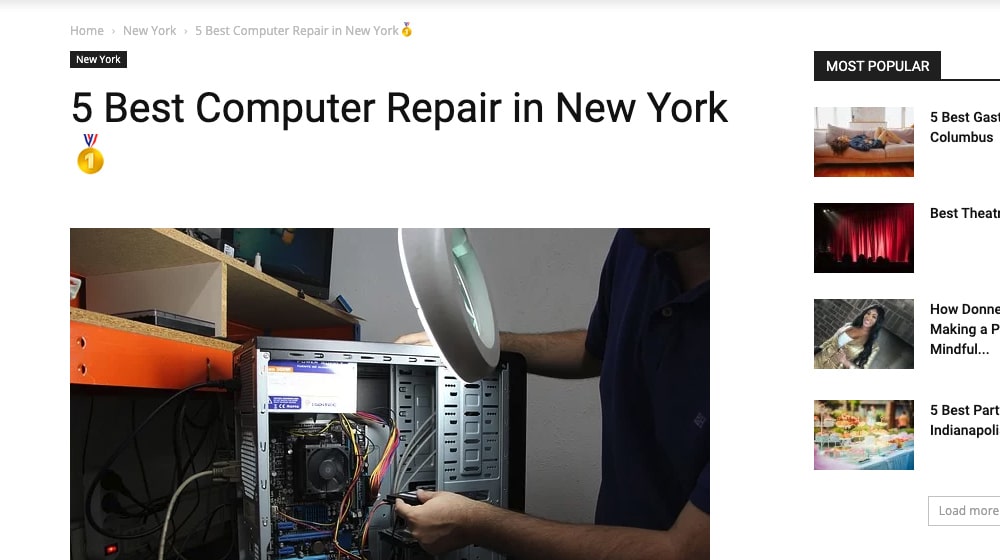
In the meantime, it's just hurting you.
2. Get Rid of AI-Generated Content
I know there has been a big push by a few AI companies in the last year or two to promote their AI writing tools. These generally fall into three groups:
- Glorified article spinners. These tools weren't practical or helpful from the start.
- Barely functional AI tools producing content that looked okay primarily with a bit of human intervention.
- Largely-nonsense AI that took as much effort to finesse into something usable as writing from scratch would have.
The first two are getting nuked by this Google algorithm update, and the third one probably won't be far behind.
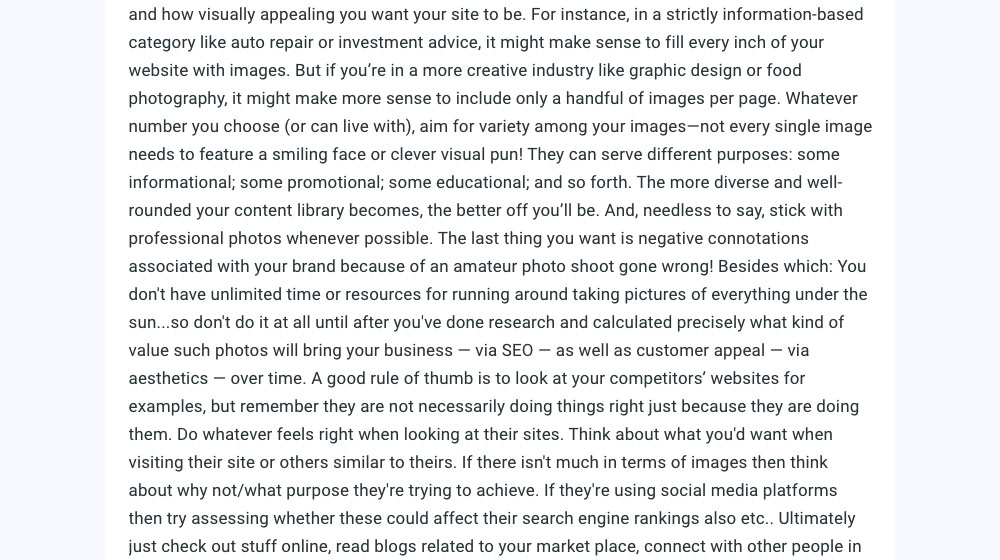
Google is quite unhappy with AI-generated content, and while they didn't come out and say it, most people believe this is going to focus on AI content more than not.
3. Get Rid of Recycled Content
There are a lot of new sites out there that seem to exist solely to cover topics that everyone else covers, too, just by slightly revising the piece of content. It's technically unique and technically bringing the subject to a new audience, but there's no real distinctive value to it.
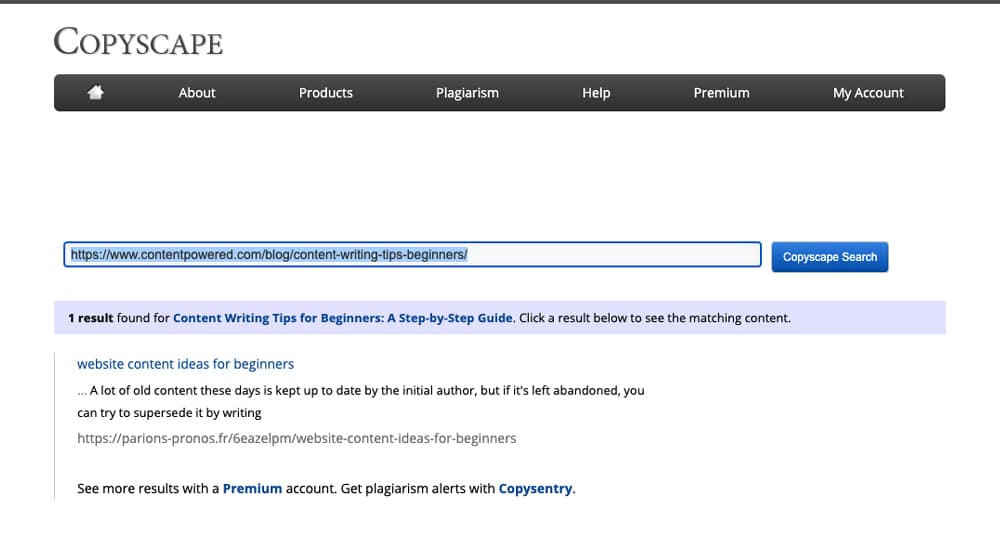
This kind of content will get hit sooner or later, and if you want to avoid it, your content needs to have value independent of what everyone else's coverage of the same thing is bringing to the table.
4. Get Rid of Spun Pages
Spun content has always been an arms race between Google nuking it and people trying to make it just barely pass inspection. If you're still trying in 2022, stop it. More importantly, you should remove those low-quality pages to improve your site and your chances of recovering from this update.
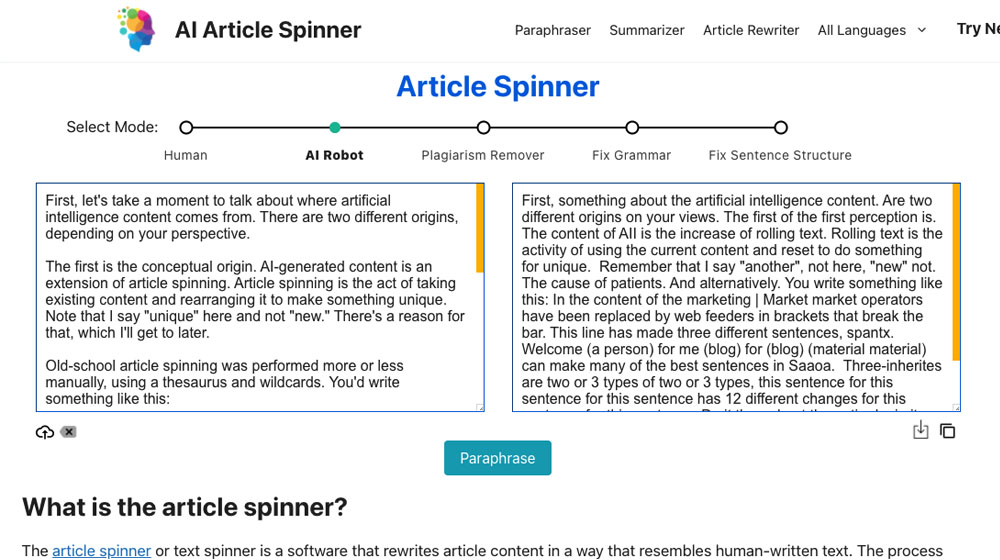
You're wasting your time and your money, and you'd have a way better website by now if you didn't try to take shortcuts for everything.
5. Minimize Obstructive Ads
I've complained about sites like the Mediawiki empire of horribly unusable fan wiki pages, where you can't even read the content until you close or scroll past six different ads. In addition to low-value and AI-generated pages, the Helpful Content algorithm heavily focuses on user experience. If you're layering on piles of ads, especially large, above-the-fold ads, you're going to get slapped for it. No one wants to see that when they're searching for a piece of information, anyway.
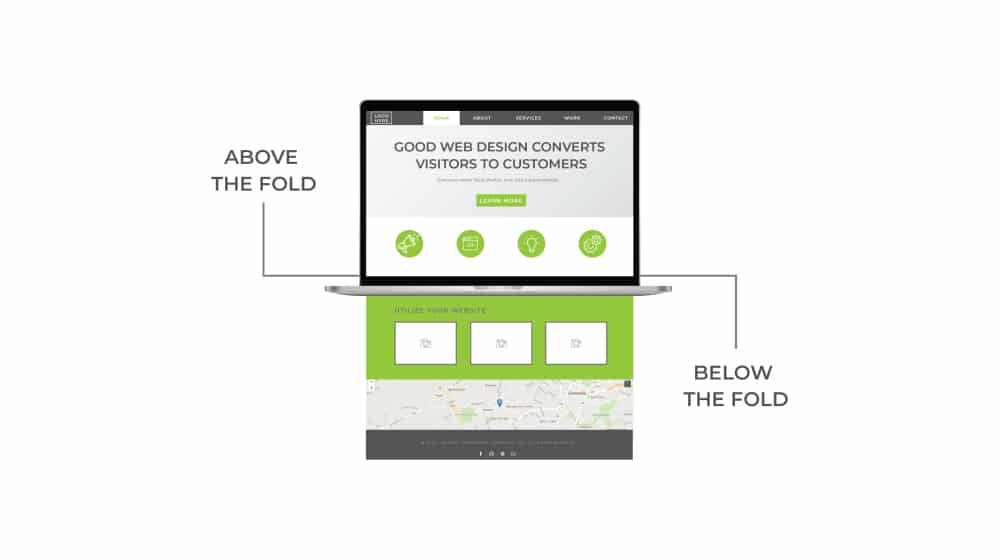
Honestly, display ads have been on their way out for a decade, and it's high time they finally fizzle out, but I doubt that will fully happen. More likely, I suspect some new ad tech will be coming to the forefront soon, but who knows?
6. Improve Your User Experience
Write content for people. Make it easier for people to use your site and browse your content. Optimize the little site speed, core web vitals, and user interaction metrics Google has recommended for years.
If you don't have a good, functional mobile site by now, you're way behind the curve, and you may have to endure a few months of pain while you get it set up and focus on optimization.
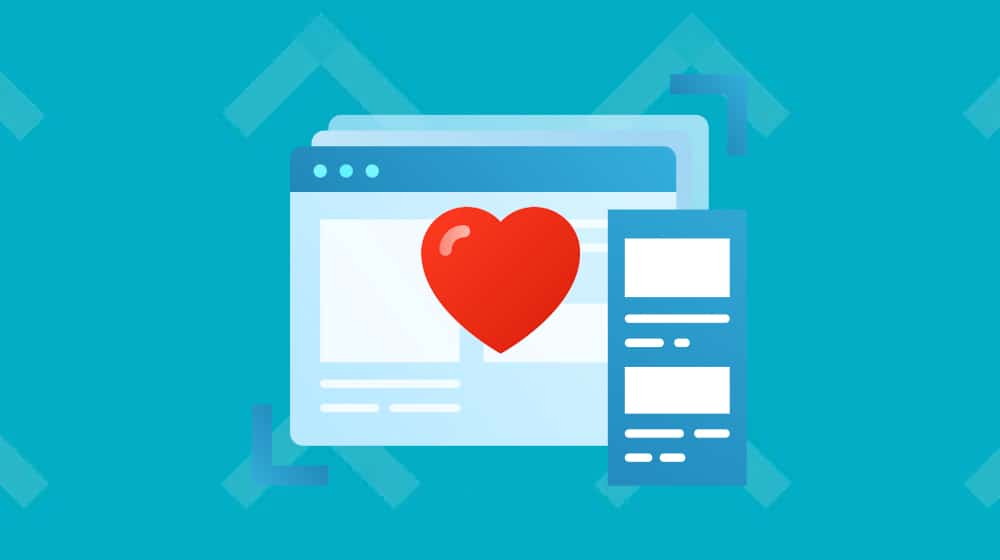
I wrote some tips on how to improve your user experience and your PageSpeed Insights score here:
7. Nuke No-Answer Content
One thing Google specifically calls out in their rundown of this algorithm is pages that purport to answer a question but do not have any answers. Whenever you Google something like "when is season 2 of X show coming out" or "what's the tech specs of the next Xbox" or anything speculative, you want to find tangible information.
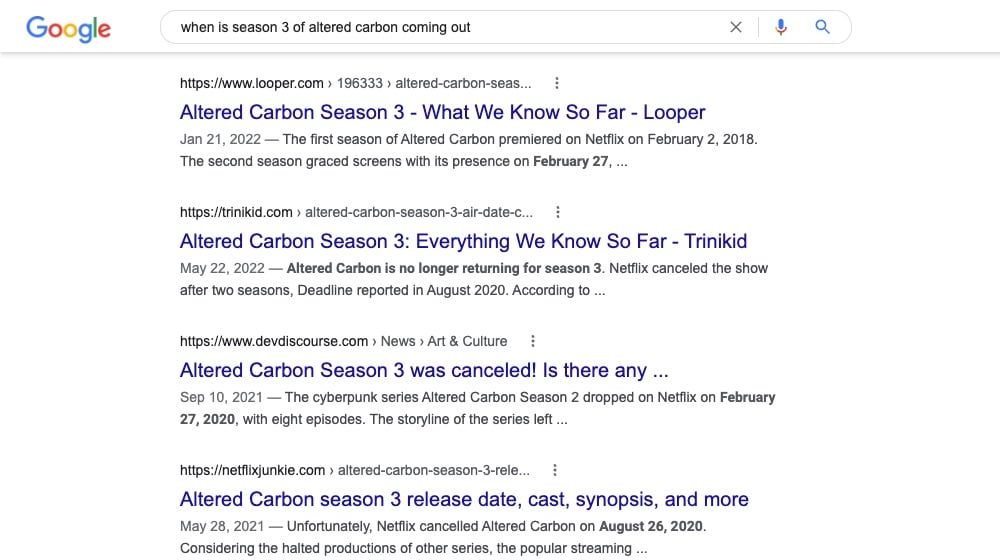
How do you feel if you land on a page that claims to have all the latest information, but all the newest info is "we don't know"? Pretty bad, right? Well, that's what Google wants to get rid of, so if your site relies on pages like those, get rid of them.
8. Nuke Bulk-Generated Content
I don't know that many sites still use bulk content generators to make a thousand pages based around a thousand variations of a few seed keywords, but if so, well, it's long past time they got slapped for it too. Bulk content generation is dead.
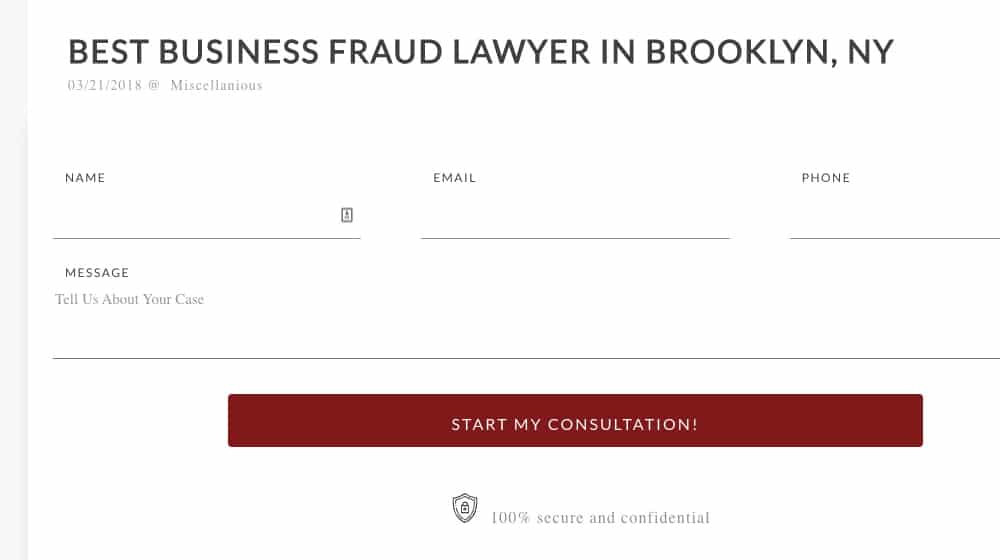
Some examples of this are website owners who:
- Create thin pages to list every city in your country.
- Find a giant list of every industry and create pages on every sector.
- Create large series of pages to rank for every possible keyword in your industry.
These pages are created to pull in more search traffic, and humans that land on them will be confused and presented with low-value content. It's best to remove these and focus your efforts on creating high-quality content.
9. Focus More on Search Intent
For a while now, I've been writing about how important it is to pay attention to the intent behind the keywords and searches. It's not enough to know what people are searching for; you also need to understand why they're searching for it.
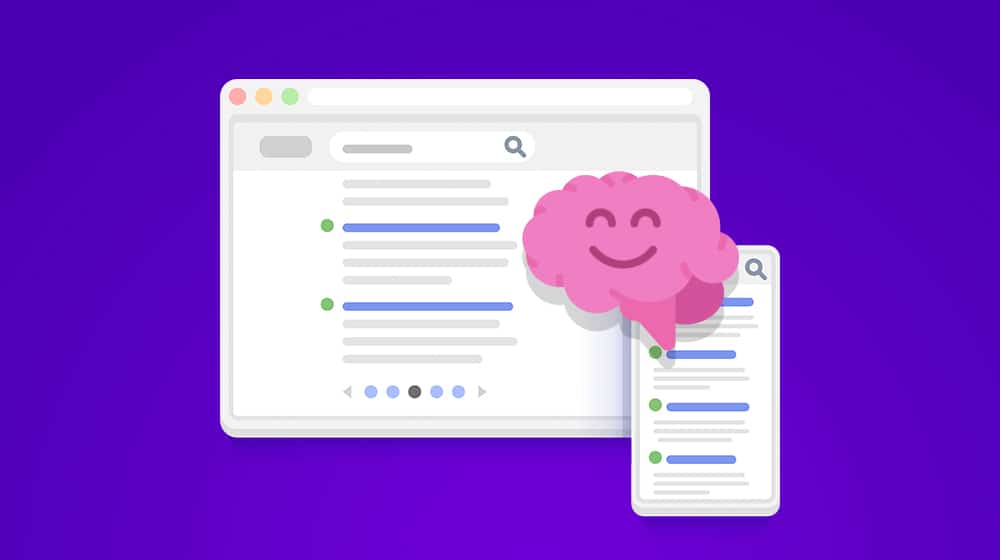
Pay attention to that, and create content to satisfy those needs. Here's a rundown.
10. Stay In Your Lane
This one is tricky. If I wrote a guide to fixing a kitchen sink, and that guide was comprehensive and valuable, should I publish it? Some say yes; valuable content is good, even if my site isn't about plumbing. Others say no; if it's not a subject my site focuses on, it's not a good thing to publish.

I think it's better to stay in your lane. I have one reason for that: EAT. You trust me to know about content marketing, not plumbing, and the core algorithm knows that based on everything else I've ever published. I could be a great plumber, but if I wanted to convey that, I should start a plumbing blog, not try to mix the two here.
Get Started ASAP
How much of this was all new to you? Probably not much or any of it if you've been paying attention to SEO strategy over the last five years. I've been harping on about half of this for at least three years and parts for much longer.
If you're getting hit by this algorithm, you've been behind the curve for a long time, and it's time you caught up. So, get to work, and I'll see you on the other side!
How has this update treated you so far? Have you been penalized, and if so, what kind of pages do you suspect are responsible? Please share with me in the comments below, and I'll do my best to point you in the right direction.



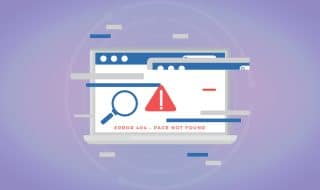
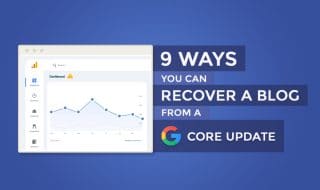
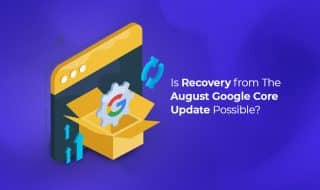


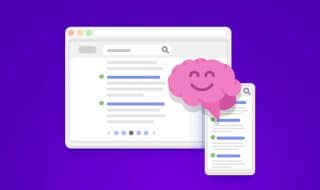

September 13, 2023
Thank you for the insights! I know I'm a little late but starting to work hard to recover from a big hit from the helpful content update.
But I have a big doubt, I know my pages for different types of photografic essays are quite similar and I'm getting rid of the repeated content soon, but would my gallery pages by an issue aswell? First because some of those photos appears elsewhere in my domain, could Google consider my gallery is heavily repeated content by that? And second because all my gallery pages are pretty much the same html structure, with almost only my photo portfolio, but each page is from a different essay, even though the photos are different could google consider that it still too repetitive and not helpful? I know it's helpful for clients to see a lot of my previus work, but if Google think otherwise and keep not showing me for possible clients I need to find a workaround.
Thanks again and any advice will be much appreciated!
September 26, 2023
Hi Deborah,
No problem!
To answer your question about your galleries, these can sometimes create thin content pages, especially if there's a new page for each photo.
WordPress likes to create these and calls them "Attachment pages." Most WordPress plugins like RankMath and Yoast have settings to remove this taxonomy from your sitemap and redirect attachment pages to the attachment (the image) itself. This is a much better practice and keeps these thin pages away from your website.
It's hard to say if your gallery pages are what caused your issues from the helpful content update, though. It couldn't hurt, but there may be more than one thing at play here.
September 20, 2023
Hi, my traffic is droped by more than 1000 views per day this September, where I'm sure my content are unique, well-written, and I have checked them already with tools. Is there anyone else like me?
September 26, 2023
Hi Ales!
Sorry to hear about your traffic loss from the Helpful Content Update.
Tools aren't a surefire way to perform a content and SEO audit.
They can be helpful, but SEO is a complicated mix of user experience, web design, code, design, language, focus, value, and so on and so forth. Lots of factors at play. Unique and gramatically correct content can still be largely unhelpful or low-quality. Or, a poor mobile experience can cause a website to lose lots of traffic, even if the content is good. These are just examples.
Could you please drop me an email? I'd be happy to take a deeper look at your site.
March 13, 2024
If you have received an "elpful Content Update then what you have *is* a penalty. It is something YOU installed all those years ago. Remember this, if you cannot find the problem within then generating new pages will tank too.
March 28, 2024
Hey Ste!
It's a complicated subject, and there are an infinite number of situations across an infinite number of domain types and content types.
It could be that all pages have a problem, or that a select few pages are causing a problem for the rest of the good pages.
In some cases, though, it's none of these things. It's possible for traffic to drop substantially after one of these updates and it's not a "penalty" as you've called it.
Remember, if your competitor's content starts performing better and they move up in the rankings, that can also cause your traffic to drop. These are massive seismic shifts that move search results around, and just because traffic drops doesn't mean you have a penalty. But if your traffic goes from thousands of visits per day to 1/10th of that, that's a much bigger indication of a more widespread issue related to your content quality.
Another situation I've seen is that people were previously ranking for things, and then Google decided to change the type of results that showed up for those searches. For example, a post on "How to fix a Samsung TV that won't turn on." Before, the SERPs had lots of blog posts and they got lots of traffic - now, Google shows mostly Samsung.com results, forum results, and videos. This caused their blog post to drop off completely - this makes it look like a penalty, but really, Google decided that official channels and forums are more helpful results for these queries than long-form blog posts. This isn't a penalty of their blog post; it's an adjustment of what results are considered to be the most helpful.
I hope this helps! It's hard to definitely say that someone who had a traffic drop after the HCU update is someone who is penalized. I wouldn't agree with that statement.